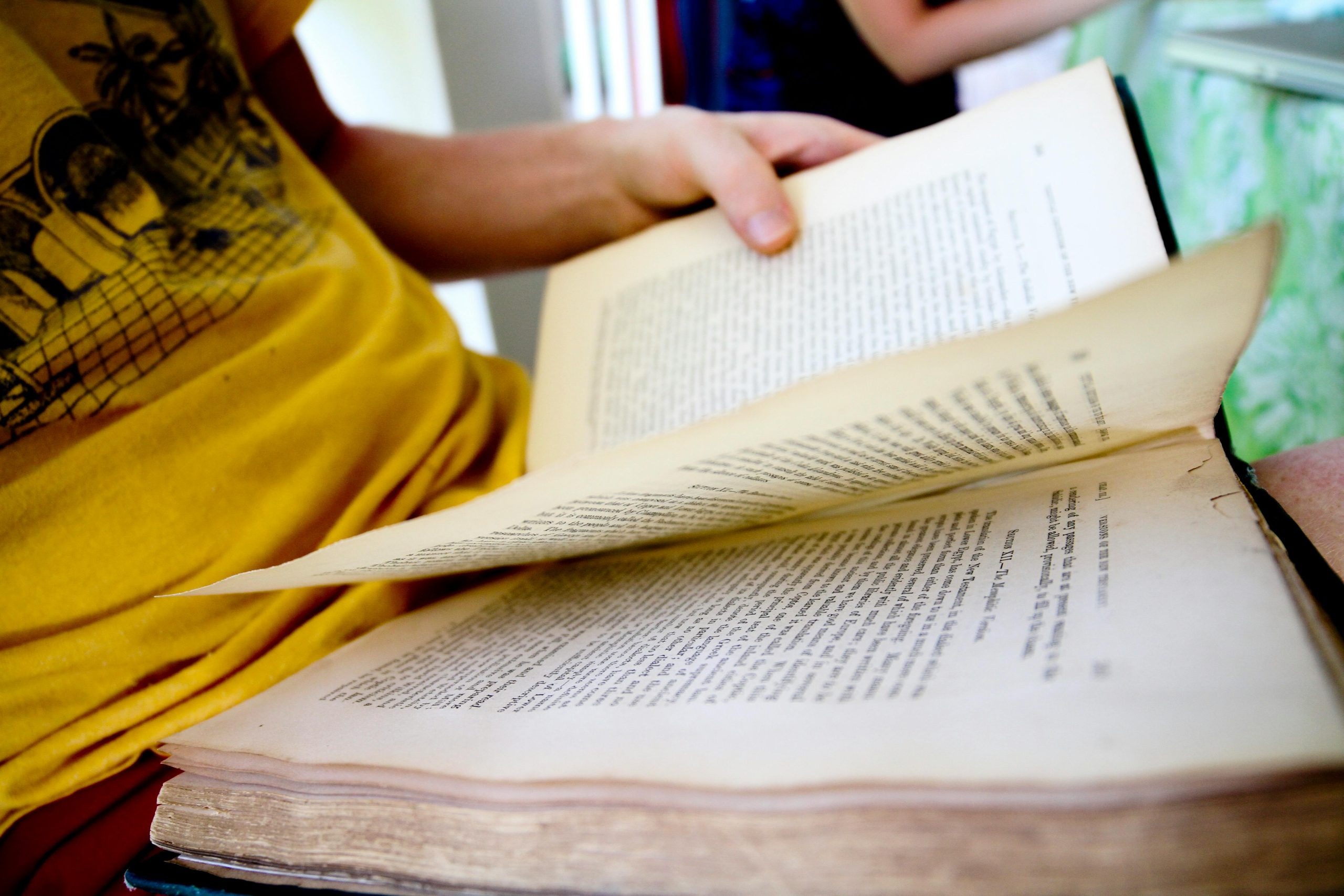The Impact of AI on Historical Narratives: A Cause for Concern?
In recent discussions surrounding artificial intelligence, a rather provocative sentiment has emerged: the belief that AI poses a significant threat to our understanding of history. Some argue that advancements in AI technology may undermine our ability to trust visual evidence, such as photographs and videos, particularly those that challenge widely accepted narratives. This raises valid concerns about the implications of AI on our perception of historical events.
The idea is that AI, through its capacity to generate and manipulate images and videos, could be used to discredit authentic evidence pertaining to historical occurrences. Take, for instance, well-debated events like the moon landing or the tragic events of September 11. Skeptics of these incidents argue that AI’s proliferation could blur the lines between fact and fiction, making it increasingly difficult to substantiate alternative theories or perspectives.
As AI continues to evolve, it undoubtedly raises questions about trust, authenticity, and the preservation of truth. If the authenticity of visual evidence is called into question, we may find ourselves in a landscape where our historical narratives become subject to manipulation and reinterpretation. This reality could hinder open discussions and the dissemination of diverse viewpoints regarding significant events.
While the advancement of technology brings numerous benefits, one must consider the ethical implications and potential for deception. It is crucial for us to tread carefully as we navigate this new era, ensuring that we maintain a critical eye toward the information we consume and share.
In conclusion, while AI holds great promise for innovation and efficiency, its impact on our collective memory and understanding of history cannot be overlooked. As stewards of information, we must advocate for transparency and authenticity, ensuring that we uphold the integrity of our past in the face of rapidly changing technologies.



